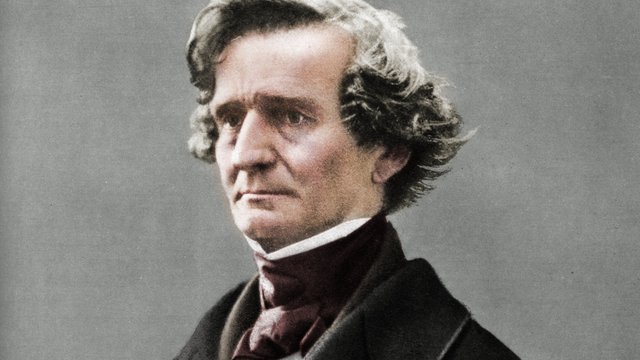
Fascinating facts about Berlioz
Hector Berlioz (1803-1869) was a pioneering French composer and music critic of the Romantic era, known for his innovative compositions and contributions to the orchestral[…]

Life and History of Berlioz
Hector Berlioz, born Louis-Hector Berlioz, was a French composer, conductor, and music critic. He was born on December 11, 1803, in La Côte-Saint-André, a small[…]